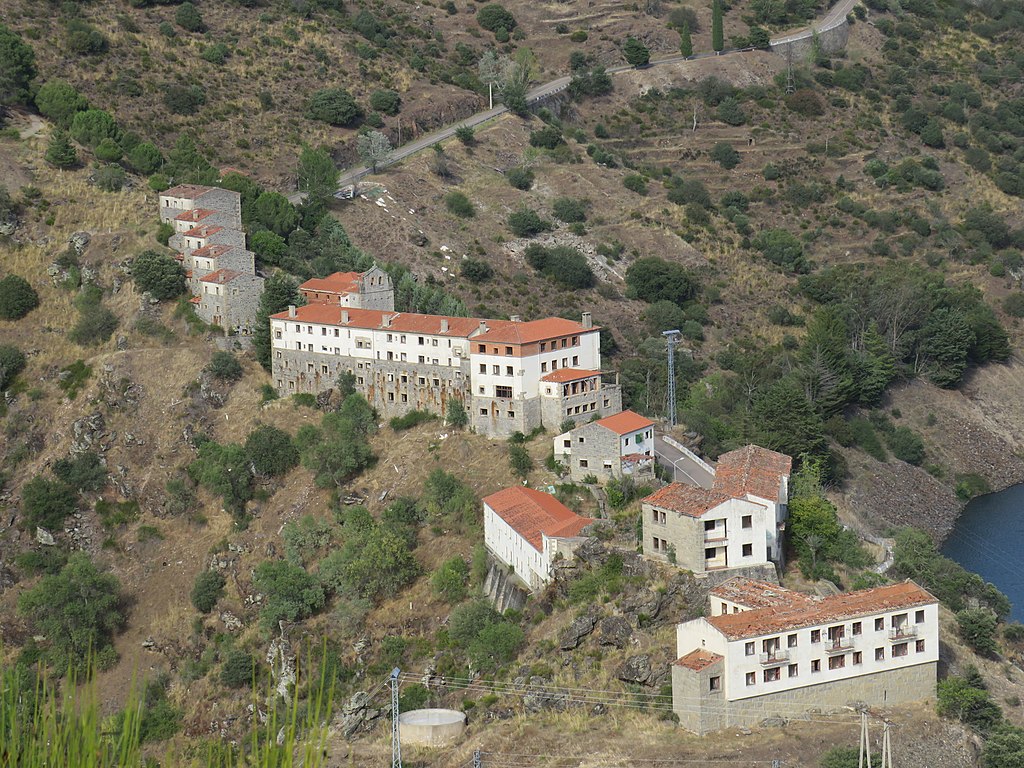Salto de Castro, a picturesque abandoned village nestled in Zamora, a northwestern region of Spain, is once again making headlines, just a year after its sale for a mere €260,000.
This enchanting village, with a rich history and an appealing price tag, captured the attention of the world last year as it was acquired by businessman Óscar Torres Gallego for approximately €300,000. He had grand plans for its transformation into a thriving tourist destination, a similar aspiration to that held by the previous owners who bought the village in the early 2000s.
However, 12 months after Torres put down his bid, the village, which gets around 135 days of sunshine each year, is once again for sale, now at almost double the price it was bought for.
While Torres made some architectural improvements to the village and initiated the necessary processes with the local government for his project, the plans were hampered by business constraints, as reported by the real estate marketplace Idealista.
44 homes and a hotel
For €580,000, the lucky buyer will get 44 homes, a bar, hostel, swimming pool and sports area as well as a church and an old barracks building that used to house the civil guard. There is even a pharmacy and police station – everything you might expect to find in a rural Spanish village.
Situated just a stone's throw away from the Portuguese border, Salto de Castro resides within the Meseta Ibérica UNESCO Biosphere Reserve, offering stunning views of the Duoro River.
The village was built in the 1940s by an electricity company to provide homes for workers who constructed the nearby dam, however, in the 1980s, people started to abandon the village as jobs were scarce and by 1989, there were no inhabitants left.
The story of Salto de Castro's story is not unique in Spain, as many rural villages grapple with ageing populations and a challenging economy.
Young people often migrate to urban areas or have smaller families, contributing to this trend. In response, some local governments are actively encouraging foreigners to relocate to these villages, offering relocation grants and cash incentives.
Related News
- Over 1.2 million m² of undeveloped public land and vacant buildings in Brussels
- Rents in Belgium continue to rise along with the cost of living
- Wallonia's property market flooded with energy inefficient houses
Despite the challenges buying such a domain entails – property agents estimated that it would cost around €2 million to make Salto de Castro workable and start attracting visitors – interested parties will have to act quickly, as there has already been some interest in buying the abandoned village. A bidding war could push the price over €600,000.
In the neighbouring region of Galicia, the village of Rubai has been enticing expatriates with monthly payments of up to €150 to encourage them to call it home.

